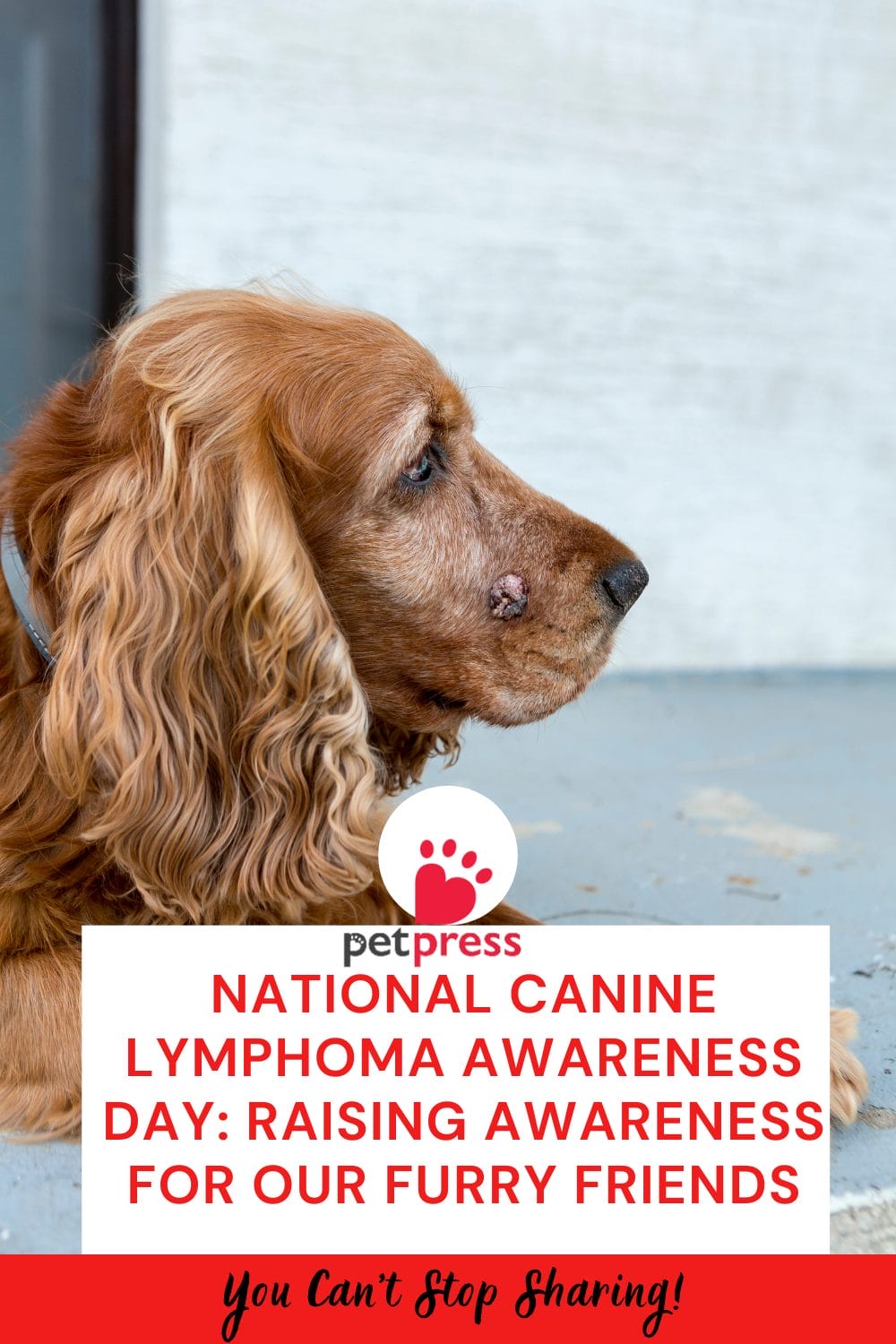
Each year on November 7th, dog lovers and pet advocates come together to honor National Canine Lymphoma Awareness Day.
This day is dedicated to raising awareness about one of the most common cancers affecting dogs: lymphoma.
With early detection and proper treatment, dogs with lymphoma can continue to live fulfilling lives, but understanding the symptoms and preventative measures can make all the difference.
National Canine Lymphoma Awareness Day highlights the importance of knowing the signs, symptoms, and treatment options available, as well as fostering a supportive community for dogs and their families affected by this condition.
History of National Canine Lymphoma Awareness Day
Dog parent Terry Simons established National Canine Lymphoma Awareness Day in 2015 after feeling overwhelmed by the lack of accessible information and emotional support when his beloved dog, Reveille, was diagnosed with lymphoma.
Reveille’s battle with lymphoma inspired Simons to create CLEAR (Canine Lymphoma Education Awareness and Research) Foundation, an organization aimed at spreading awareness about canine lymphoma and funding research into treatments.
Recognizing the need for public education and awareness, he founded National Canine Lymphoma Awareness Day to honour Reveille and provide pet owners everywhere with a day of recognition and information about canine lymphoma.
The Significance of National Canine Lymphoma Awareness Day
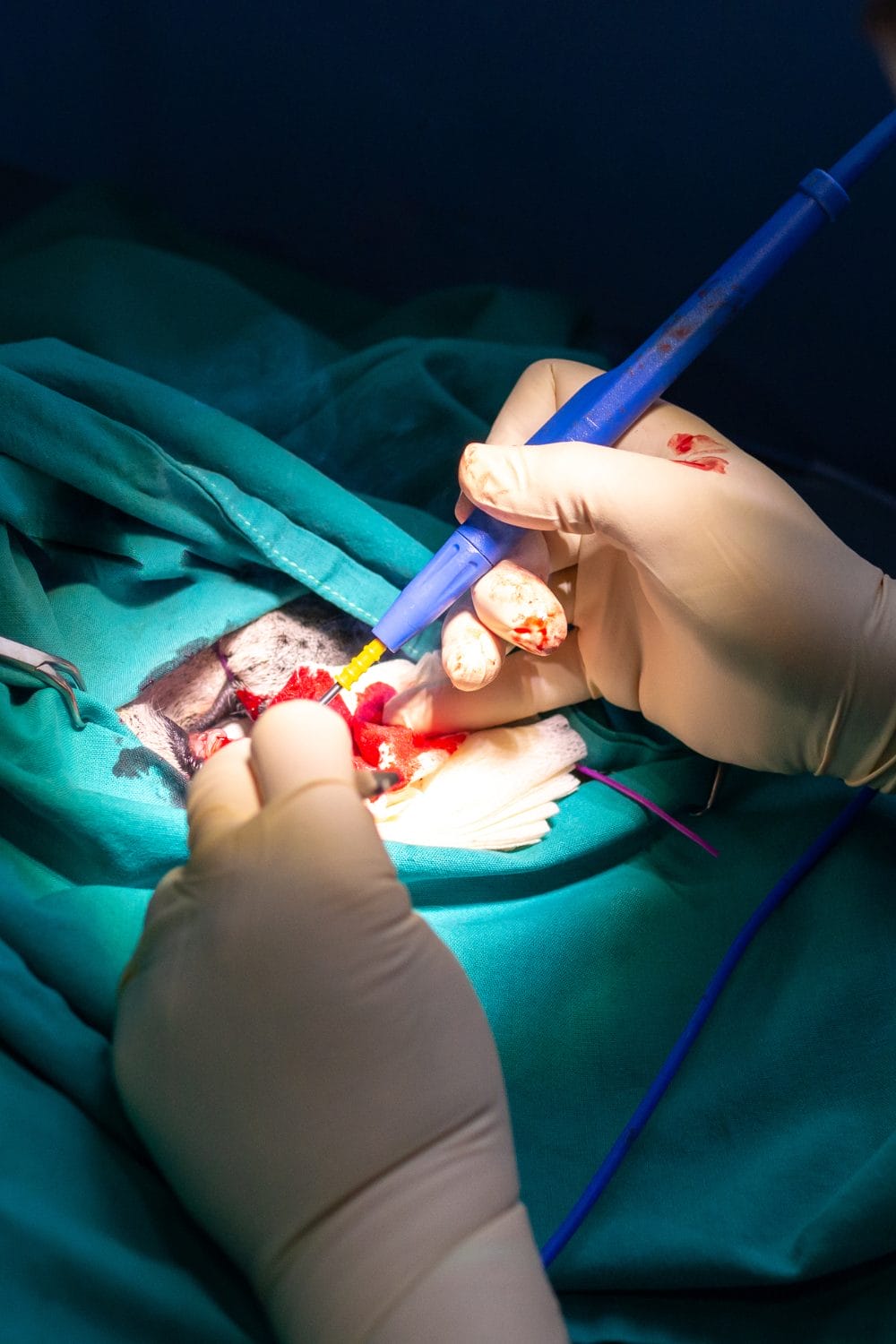
National Canine Lymphoma Awareness Day emphasizes the importance of recognizing early signs of lymphoma in dogs.
With a high rate of cancer diagnoses among canines, lymphoma stands out as particularly prevalent.
This day is essential for educating dog owners on how to detect symptoms early and seek appropriate care. Veterinary professionals, pet lovers, and communities come together on this day to spread knowledge, share stories, and highlight the importance of early intervention, research, and treatment.
Raising awareness also drives support for continued funding into lymphoma research, fostering hope for better treatments and outcomes for affected dogs.
Facts about Canine Lymphoma
- Prevalence: Lymphoma accounts for up to 24% of all canine cancers.
- Types of Canine Lymphoma: There are four primary types—multicentric (most common), gastrointestinal, mediastinal, and extranodal—each affecting different areas of the body.
- Symptoms: Common signs include enlarged lymph nodes, weight loss, loss of appetite, lethargy, and changes in skin texture.
- Age and Breeds at Risk: Lymphoma most commonly affects middle-aged to older dogs; certain breeds like Golden Retrievers, Boxers, and Cocker Spaniels may have higher susceptibility.
- Treatability: Although lymphoma is generally not curable, treatments like chemotherapy can prolong a dog’s life, often resulting in months or even years of remission.
How to Prevent Canine Lymphoma?
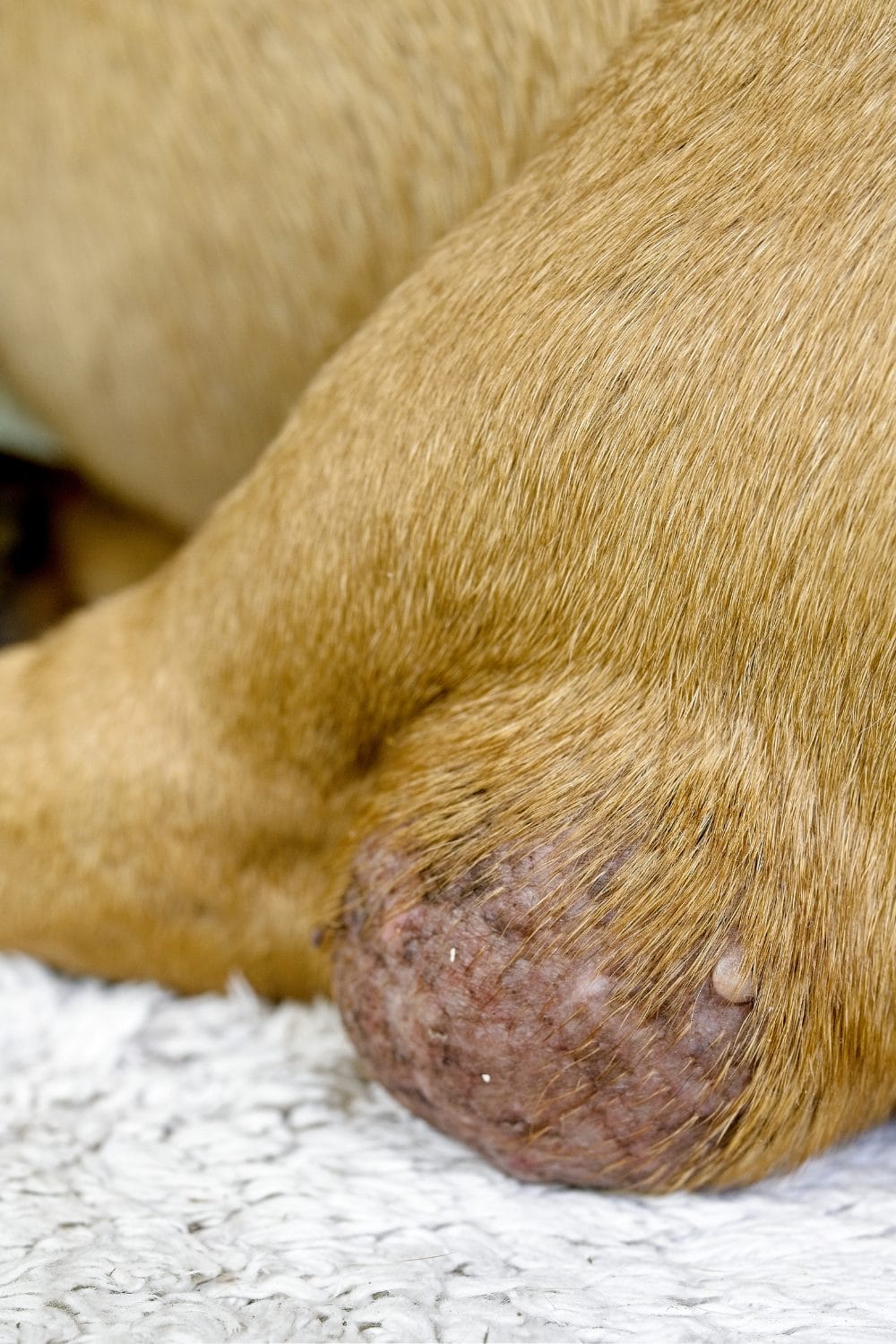
While no guaranteed prevention exists, certain steps can help maintain a dog’s overall health, possibly reducing cancer risks:
- Regular Check-Ups: Schedule annual or semi-annual vet visits to detect early signs of cancer or other health issues.
- Balanced Diet: A healthy, nutrient-rich diet can strengthen a dog’s immune system, improving their overall well-being.
- Exercise and Mental Stimulation: Regular physical activity supports immune health and reduces obesity, a risk factor for many illnesses.
- Limit Exposure to Environmental Toxins: Avoid prolonged exposure to chemicals like pesticides, herbicides, and certain cleaning agents that could contribute to cancer development.
- Maintain a Healthy Weight: Obesity has been linked to numerous health issues, including cancer. Ensure your dog stays active and maintains a balanced diet.
While these strategies may not guarantee prevention, they support a healthy lifestyle that can contribute to reduced cancer risks.
How to Celebrate National Canine Lymphoma Awareness Day
Here are meaningful ways to honor this day and show support for dogs with lymphoma:
Share Information
Use social media platforms to spread awareness about canine lymphoma. Sharing posts, infographics, and personal stories can inform others about signs, symptoms, and treatment options.
Donate to Lymphoma Research
Support organizations like the CLEAR Foundation that are dedicated to funding canine lymphoma research. Donations help develop better treatments and potentially lead to a cure.
Organize or Participate in Fundraising Events
Many communities hold walks, charity runs, or online fundraising events to raise money and awareness for canine lymphoma.
Volunteer at Animal Shelters
Animal shelters often care for dogs with medical conditions. Volunteering time or resources can help shelters support dogs with special needs.
Light a Candle for Remembrance
Honor dogs who have battled lymphoma by lighting a candle. Remembering beloved pets and showing support for their families can foster a strong sense of community and compassion.
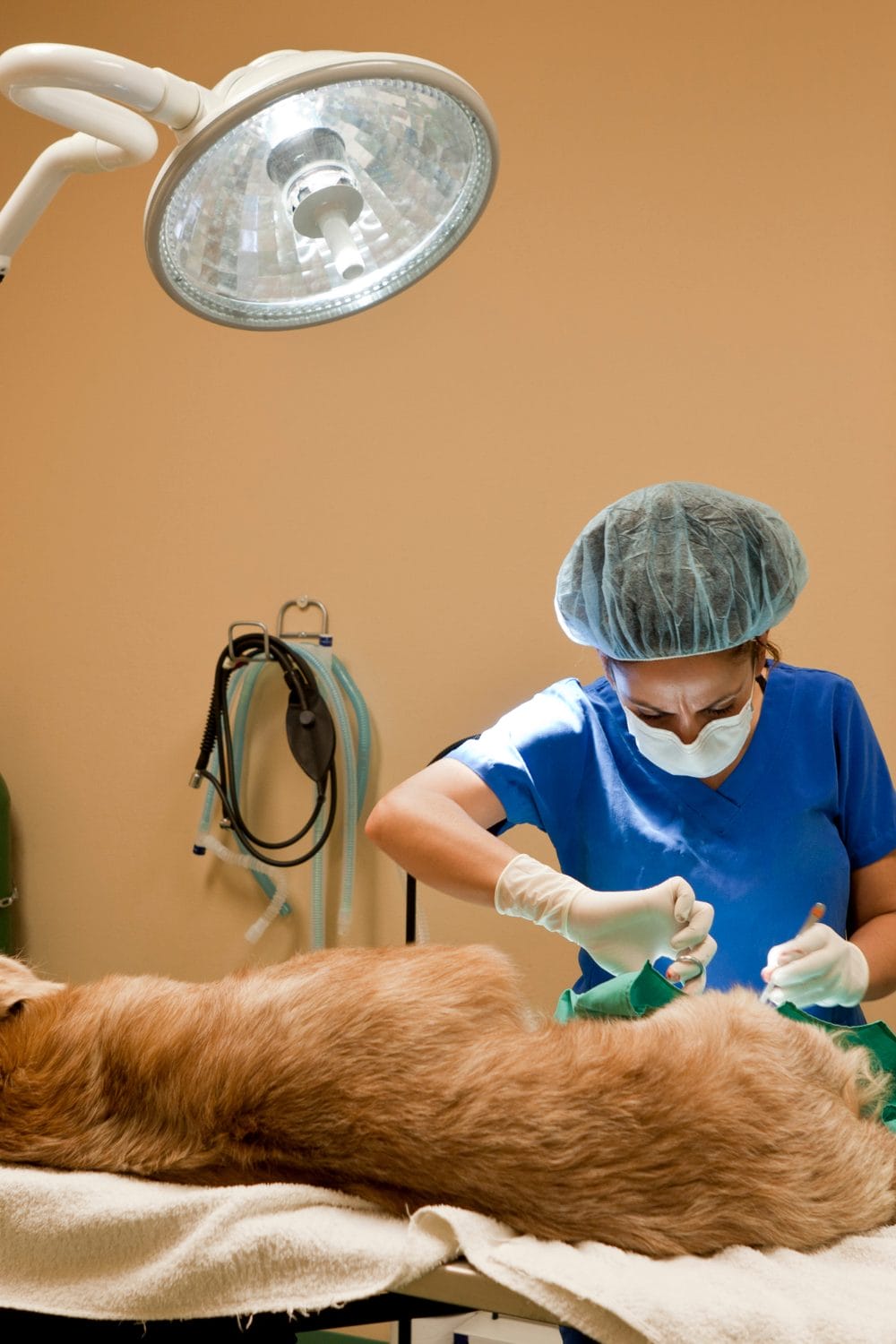
Conclusion
National Canine Lymphoma Awareness Day is a critical reminder to educate ourselves about one of the most common canine cancers.
By increasing awareness and understanding of lymphoma, dog owners can be better prepared to support their pets’ health.
From recognizing symptoms to making lifestyle choices that promote wellness, there are many ways to take proactive steps in our dogs’ lives.
This day is an opportunity to celebrate the resilience of dogs who have faced lymphoma and to strengthen support for continued research that could one day bring a cure.
FAQs About Canine Lymphoma
Canine lymphoma is a type of cancer that affects the lymphatic system in dogs. It is similar to non-Hodgkin’s lymphoma in humans and can impact various parts of a dog’s body, including the lymph nodes, spleen, and liver.
A veterinarian typically diagnoses lymphoma through a combination of physical exams, blood tests, biopsies, and imaging tests. If a dog has swollen lymph nodes or other signs, the vet may conduct further tests to confirm a diagnosis.
While canine lymphoma cannot usually be cured, treatments like chemotherapy, radiation, and steroid therapy can help manage symptoms and prolong a dog’s life. In some cases, chemotherapy can induce remission, allowing the dog to enjoy a higher quality of life.
Yes, certain breeds are more susceptible to lymphoma, including Golden Retrievers, Boxers, Cocker Spaniels, and German Shepherds. However, lymphoma can occur in any breed, so all dog owners should be vigilant about potential symptoms.
While no definitive prevention exists, maintaining a healthy lifestyle with a balanced diet, regular exercise, and limiting exposure to environmental toxins can help support a dog’s immune system and overall health, possibly reducing cancer risk
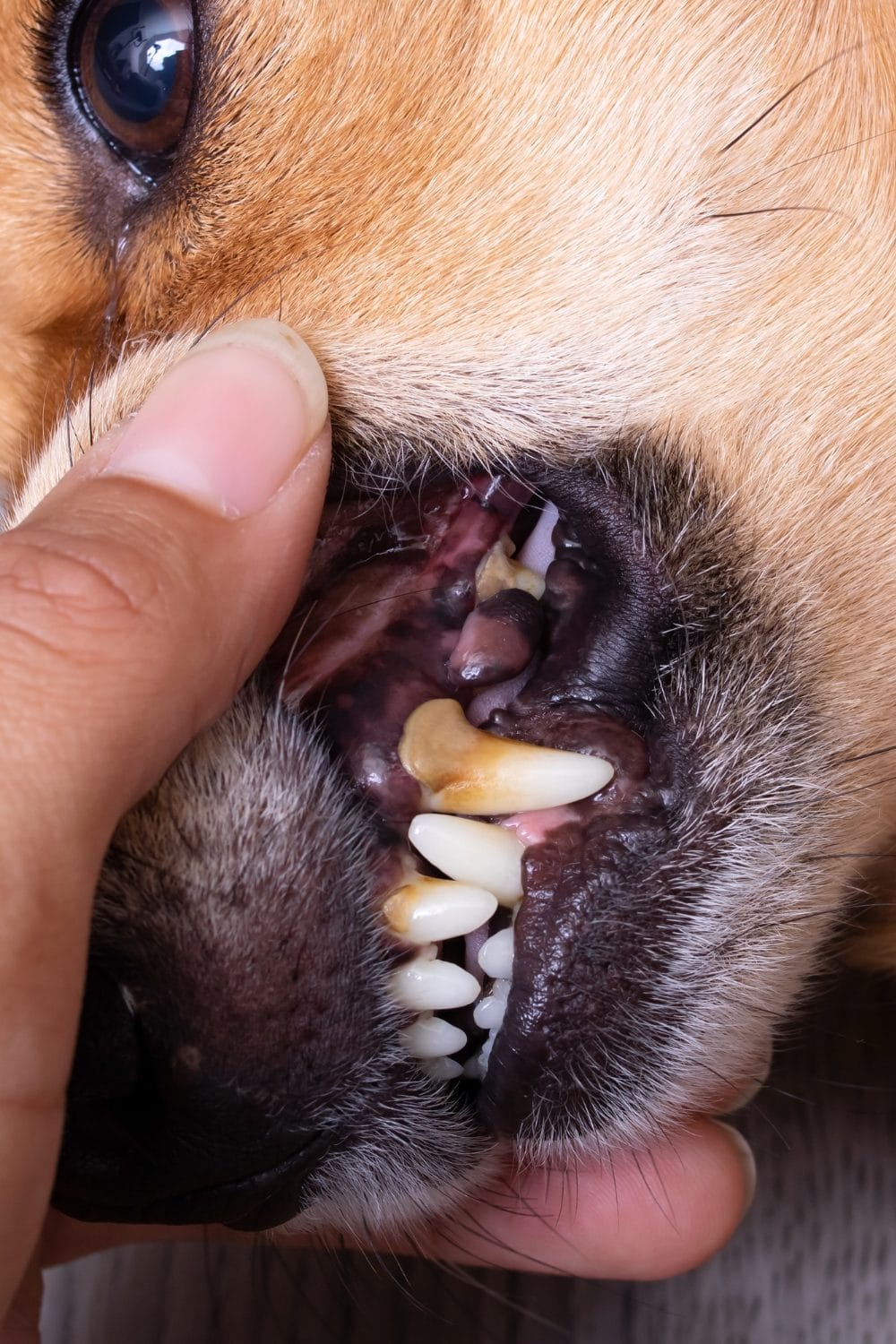
- Best Shampoo for Sensitive Skin Dog Grooming: 2026 Guide - February 12, 2026
- 40+ Aesthetic Names for White Dogs (2026 Unique & Rare List) - February 6, 2026
- 50+ Cool Snake Names for 2026: Expert-Picked & Rare Ideas - January 29, 2026


GIPHY App Key not set. Please check settings